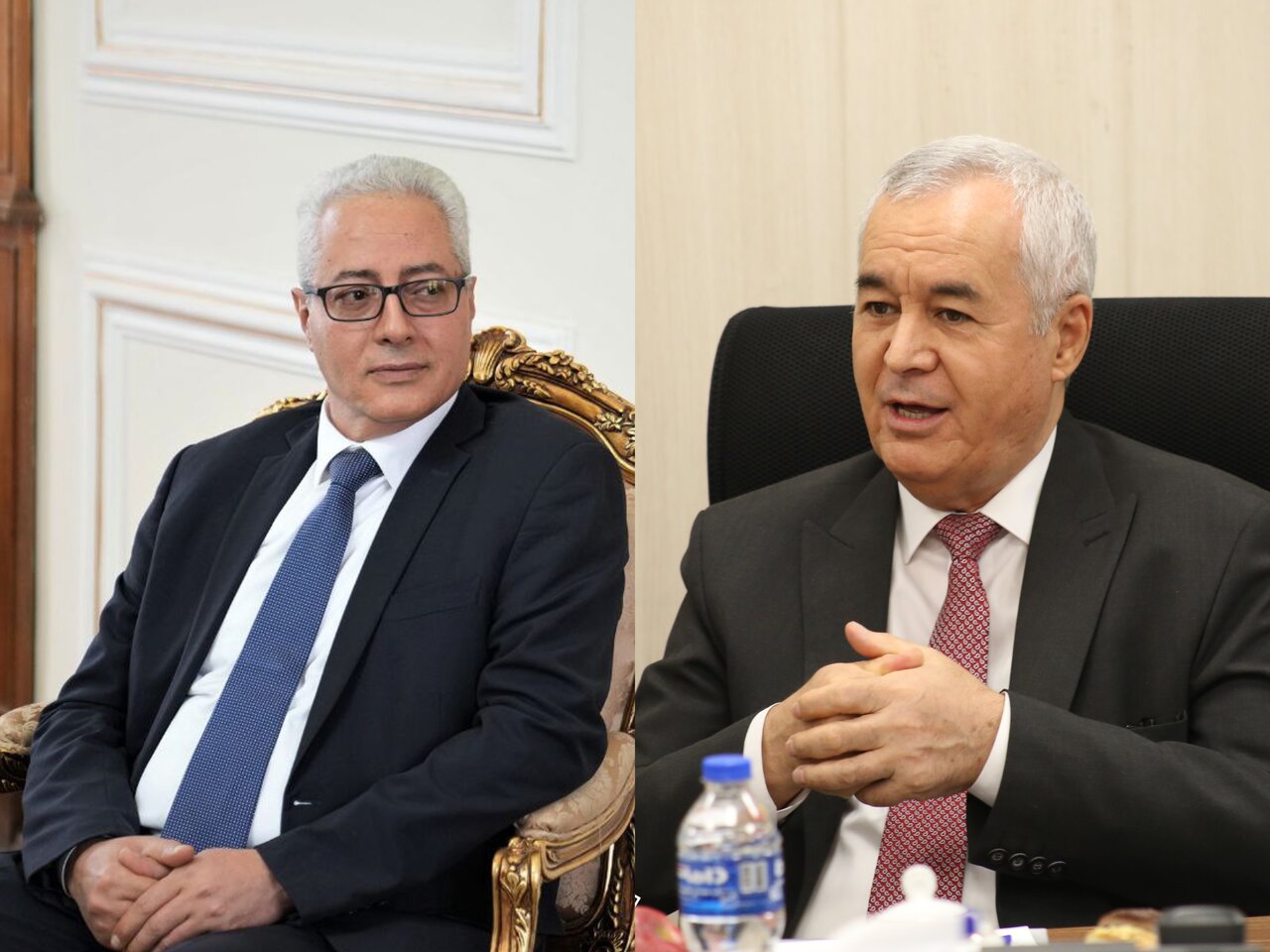Iran’s visa lift opens tourism gates, yet travel barriers linger

TEHRAN – Iran’s decision to unilaterally eliminate visa requirements for some countries promises to invigorate its tourism industry, yet persistent issues like expensive flights and limited direct connections are hindering the full realization of this potential.
Travel obstacles cast a shadow over dream of Shiraz and Isfahan
Imad Al-Rahmuni, the Tunisian ambassador to Iran, during a recent interview with ILNA highlighted that Tunisia responded reciprocally to Iran’s visa waiver in order to enhance bilateral tourism relations.
The two nations share rich historical and cultural heritage, which could be further appreciated through increased travel and cultural exchange, he noted.
The ambassador mentioned that many Tunisians dream of visiting cities like Isfahan and Shiraz, while Iranians also have a strong interest in traveling to Tunisia. Nonetheless, the lack of direct flights and the high cost of airline tickets currently limit travel between the two countries, he continued.
The Tunisian envoy emphasized the need for the establishment of direct or charter flights to reduce travel costs and improve accessibility.
The ambassador also pointed out that the best time for Iranians to visit Tunisia is during Nowruz, when the country is particularly beautiful and affordable.
He expressed hope that continued collaboration between Iranian and Tunisian officials will lead to improvements in travel conditions and increased tourism.
Persian speakers face travel hurdles
In a related development, Tajikistani Ambassador to Iran, Zohidi Nizomiddin Shamsiddinzoda, discussed the significance of strengthening tourism ties between Tehran and Dushanbe.
Both countries, sharing cultural, historical, religious, and linguistic connections, are well-positioned to expand their cooperation, he added.
Following the visa waiver, the Tajikistani envoy underscored, travelers can now visit each country through flights between Dushanbe and Tehran, with four flights currently operational.
The ambassador acknowledged that challenges such as high flight costs are a concern but expressed optimism that visa waiver agreements and an increase in tourism would lead to reduced ticket prices and improved services. Ongoing discussions between Iranian and Tajikistani officials aim to address these issues and facilitate better travel conditions, he stated.
Currently, Tajikistan sends around thousands of tourists to Iran annually, with many visiting for health tourism, the ambassador outlined.
All in all, both ambassadors highlighted that while the recent visa waivers are a step forward, continued efforts are needed to overcome logistical challenges and fully realize the potential for increased tourism between Iran and these nations.
XF/AM
Leave a Comment